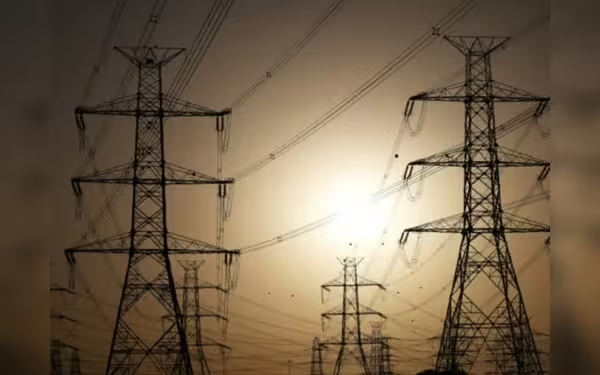Wednesday, February 5, 2025 07:03 PM
Non-Solar Consumers Face Rs200 Billion Energy Burden in Pakistan
- Non-solar consumers bear Rs200 billion burden.
- Tariff increase of Rs2 per kWh for grid users.
- Call for regulatory reforms to ensure equity.
 Image Credits: tribune.com.pk
Image Credits: tribune.com.pkNon-solar consumers in Pakistan face a Rs200 billion burden due to rising energy tariffs amid the shift to solar energy.
The rapid shift towards solar energy in Pakistan has been a topic of much discussion and debate. As the country strives to embrace renewable energy sources, the transition has not come without its challenges. A recent report highlights a significant issue: non-solar consumers are shouldering a staggering burden of Rs200 billion due to the current energy tariff structure. This situation arises from the increasing reliance on solar energy, particularly through behind-the-meter systems and net metering, which have not been adequately regulated.
To put it simply, when more people switch to solar energy, it can lead to higher costs for those who still depend on the traditional grid. The report indicates that this transition has resulted in an estimated tariff increase of Rs2 per kilowatt-hour (kWh) for grid-dependent consumers. This increase is not just a number; it represents a real financial strain on households and businesses that do not have access to solar energy solutions.
The inequities stemming from this situation are concerning. While solar energy is a step towards a more sustainable future, the lack of proper management and regulation in its adoption has created a divide. Those who can afford to invest in solar panels benefit from lower energy costs, while those who cannot are left to bear the financial burden. This disparity raises questions about fairness and equity in energy distribution.
In light of these pressing challenges, the report calls for immediate regulatory reforms and targeted policies. These changes are essential to ensure that the costs associated with solar energy adoption are distributed more equitably among all consumers. Additionally, such reforms would help maintain grid stability, which is crucial for the overall health of the energy sector.
As Pakistan continues to navigate its energy landscape, it is vital for policymakers to consider the implications of rapid solar adoption. Striking a balance between promoting renewable energy and ensuring fair treatment for all consumers is not just a matter of policy; it is a matter of social justice. The future of energy in Pakistan should be one where everyone can benefit, regardless of their ability to invest in solar technology. Only through thoughtful regulation and inclusive policies can we hope to achieve a sustainable and equitable energy future for all.













